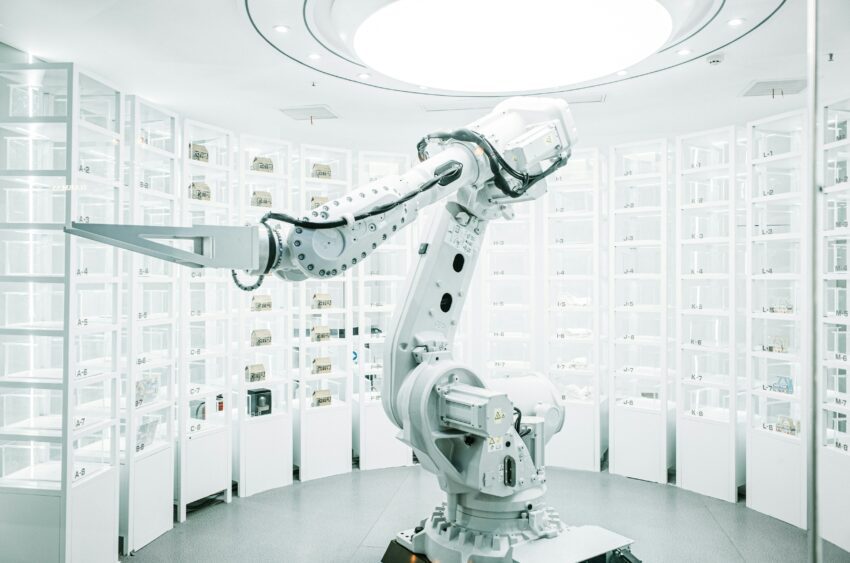Artificial Intelligence in Startup Product Development
In recent years, artificial intelligence (AI) has transformed numerous industries. Its impact is especially noticeable in startup product development. Startups, often limited in resources and needing rapid iteration, can leverage AI to streamline processes, enhance creativity, and make data-driven decisions.
This article explores the key ways AI drives innovation and efficiency for startups.
Enhancing Market Research and Customer Insights
Understanding the target market is crucial. AI can improve market research by analyzing large datasets to reveal patterns and trends traditional methods might miss. AI-driven tools can scan social media, customer reviews, and online forums to gauge sentiment and preferences. This helps startups tailor products to market needs.
Example:
Platforms like Crimson Hexagon and Brandwatch use natural language processing to analyze consumer feedback. They provide actionable insights on desired features or improvements.
Streamlining Product Design
AI speeds up product design through generative design. Algorithms create multiple design options based on specific parameters. This accelerates the design process and leads to innovative solutions.
Example:
Autodesk’s Fusion 360 uses generative design to help engineers evaluate many iterations and select the best product based on performance criteria.
Automating Repetitive Tasks
Lean startup teams benefit from AI automation. Tasks like data entry, customer support, and inventory management can be handled by AI, freeing team members to focus on strategic work.
Example:
AI chatbots from Intercom or Drift respond to customer inquiries 24/7, handling routine questions while humans tackle complex issues.
Facilitating Rapid Prototyping
Prototyping allows startups to test ideas before production. AI enhances this with simulations and predictive analytics, helping anticipate problems and refine designs efficiently.
Example:
Tools like Simul8 create digital twins of products. Startups can simulate performance under various conditions without costly physical prototypes.
Improving Decision-Making with Data Analytics
Data-driven decisions are critical in uncertain markets. AI analytics process data from multiple sources to inform strategic choices on features, pricing, and marketing.
Example:
Tableau and Google Analytics offer predictive analytics. They help startups forecast trends and customer behavior using historical data.
Enhancing Personalization and User Experience
AI allows highly personalized user experiences. By analyzing behavior and preferences, AI tailors features, recommendations, and marketing messages, boosting satisfaction and retention.
Example:
Netflix uses AI algorithms to analyze viewing habits and suggest content, keeping users engaged.
Supporting Scalability
As startups grow, demand rises. AI helps scale operations by optimizing supply chains, improving service efficiency, and streamlining workflows. This ensures startups meet demand without compromising quality.
Example:
IBM Watson provides insights for inventory management, predicting stock levels based on trends to prevent overstocking or shortages.
The integration of AI in product development is no longer optional. It is essential for startups aiming to stay competitive. From enhancing research to automating tasks and personalizing experiences, AI is a vital asset. Startups that embrace AI can innovate, adapt, and thrive in a fast-moving market.
At Futurum Tech, we support startups in leveraging AI effectively. Visit our blog for tips and tune in to our podcast for insights from successful startup CEOs.
